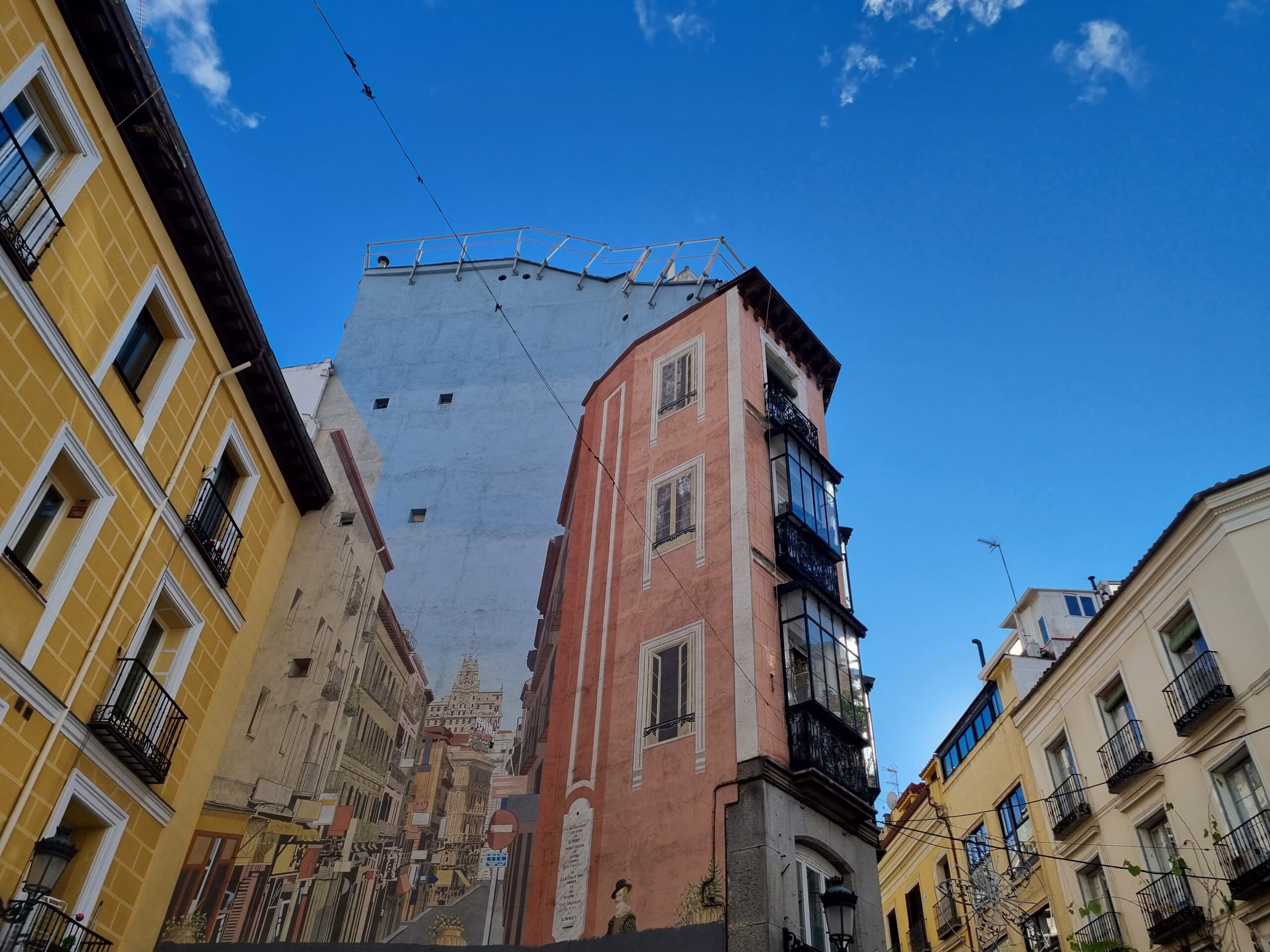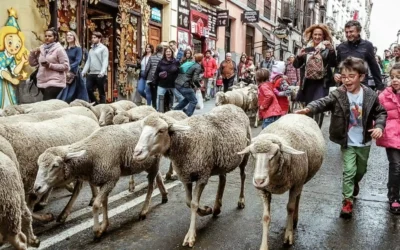Welcome to Global Gabe: Your Guide to Travel & Living Abroad
This site was created with the idea of it being more than just a simple travel blog — it’s a place where aspiring globetrotters, expats, and digital nomads can seek inspiration and advice ✨
Join me as I share practical tips on how to travel and live abroad, including personal experiences, destination guides and reviews, and other helpful content with you 🤗
Whether you’re a seasoned traveller or a first-time adventurer, Global Gabe is your passport to a world of wanderlust. Let’s navigate the globe together, one post at a time 🌍
Ready for take-off? Buckle up and enjoy the (virtual) ride! ✈️

Recent Posts
25 Reasons Why I Decided To Live in Madrid
Spain is a country many people dream about moving to. With its warm weather, friendly people, rich culture and history, tasty cuisine, lively nightlife, easy-to-learn language, relative affordability, and overall relaxed lifestyle, it's no wonder why it attracts visitors from across the planet....
15 Things I’ve Learned While Living Abroad
Moving abroad from Canada to Spain was one of the craziest yet most rewarding decisions I’ve ever made. Living in another country for two years has given me a variety of unique experiences, from doing job interviews in a language entirely new to me to residing in an apartment with 9 strangers from...
La Fiesta De La Trashumancia: An Annual Sheep Parade In Madrid
A parade of sheep wanders through the busy streets of Madrid, Spain once a year for an occurrence called ‘La Fiesta De La Transhumancia’. Find out why and what it’s like.

Browse Topics
Travel should be easy and fun, but getting ready for a trip or a move abroad can be tricky even at the best of times.
Check out the below topics for some of my best travel advice & resources — so you’ll always be prepared, no matter where you go.
📝 Preparing For A Trip
✈️ Flights & Layovers
🤑 Travelling on a Budget
🧳 Moving & Living Abroad
🚶 Solo Travel
💻 Becoming a Digital Nomad
🗣️ Language Learning
🏳️🌈 LGBTQ+ Travel
⚠️ General Travel Safety
Follow me on social media for more content
Copyright © Global Gabe. All Rights Reserved





